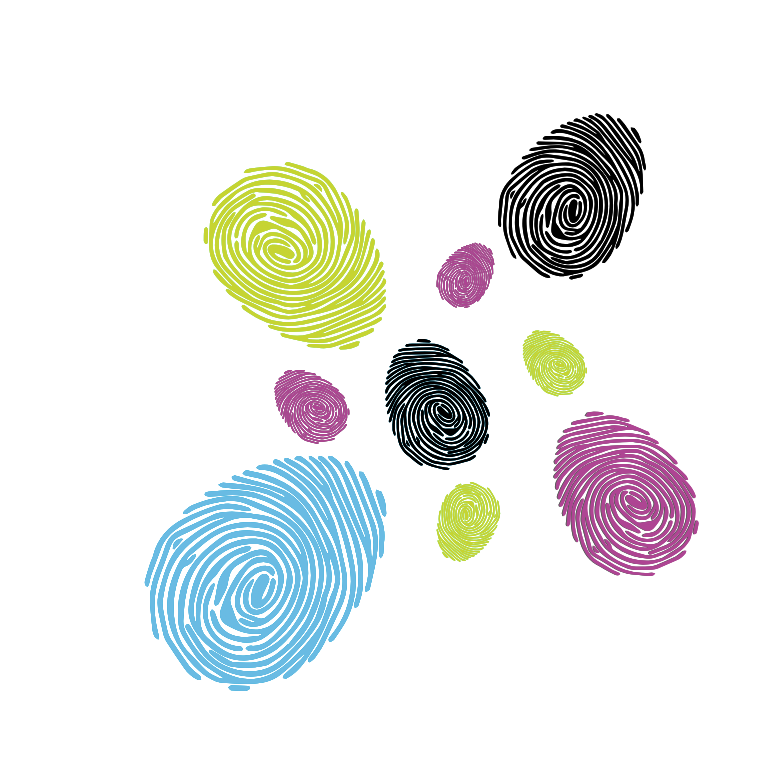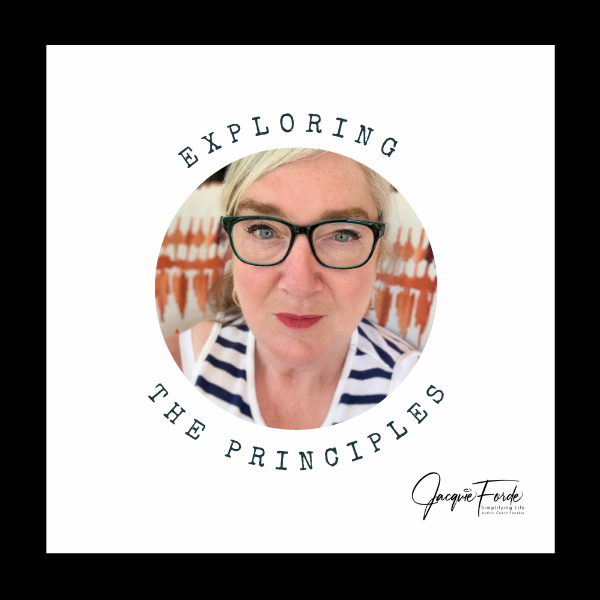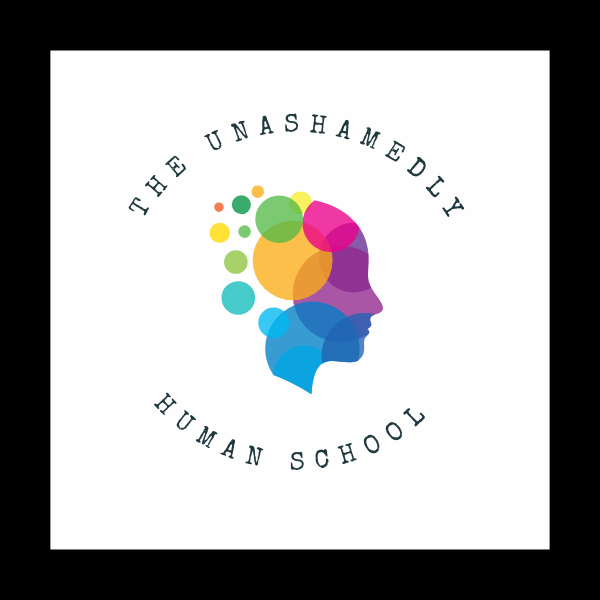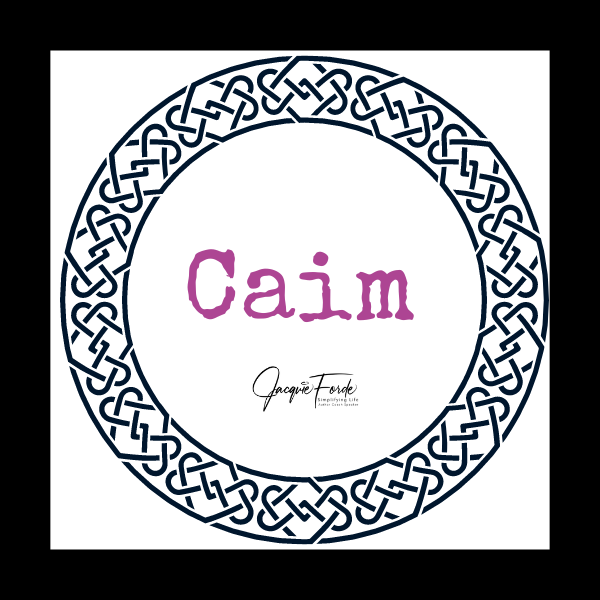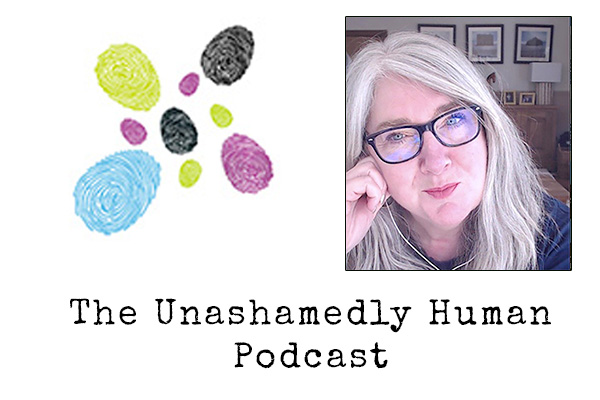Boredom.
It’s such a simple word, yet for many women—especially those going through hormonal transitions like perimenopause or menopause—it can feel like an unbearable weight.
You sit down at the end of the day, the house is finally quiet, there’s nothing urgent to do… and instead of feeling peaceful, a strange discomfort creeps in. It feels restless, empty, itchy. So, you reach for something—a snack, a glass of wine, your phone. Anything to fill the space.
I see this all the time with my clients, and I’ve been there myself.
Sarah was in her late 40s when she came to me, frustrated with herself.
“I don’t understand it,” she sighed during one of our sessions. “I get to the end of the day, and all I want to do is sit down and breathe. But the moment I do… I feel awful. Like something is missing. I end up raiding the fridge or pouring a glass of wine just to take the edge off.”
As we talked, Sarah realized this wasn’t just boredom. It was something deeper—something hormonal, emotional, and personal.
During perimenopause and menopause, our hormones shift dramatically. Estrogen, progesterone, and even dopamine levels fluctuate, affecting our mood, motivation, and sense of purpose.
Boredom during these years doesn’t feel like the harmless “I’ve got nothing to do” feeling of our younger days. Instead, it can carry:
- Restlessness – A buzzing, unsettled energy that makes it hard to relax.
- Emptiness – A deep hollow sensation, like something vital has slipped away.
- Sadness – Not quite grief, not quite depression, but a low hum of loss.
- Anxiety – A nervous, crawling feeling that something needs fixing, even when everything is fine.
For many women, boredom in this phase of life also mirrors a loss of identity. The busy years of raising children, managing careers, and caring for others have kept us occupied. But now, with hormonal shifts and life slowing down in new ways, the question arises: Who am I when I’m not constantly doing?
When these feelings surface, our instinct is often to numb them. We eat, we drink, we scroll—because in the moment, these things give us relief. And there’s no shame in that. You are simply trying to soothe yourself.
- Food gives a quick dopamine hit, momentarily filling the emptiness.
- Alcohol takes the edge off, making boredom feel less sharp.
- Social media keeps our minds busy, even if it leaves us feeling disconnected.
- Shopping, working, or staying overly busy give the illusion of purpose.
Sarah had been using food and wine to escape her evenings because sitting with herself felt too uncomfortable. But the truth was, boredom wasn’t her real problem—her shifting hormones and her changing role in life were stirring something deeper.
What if boredom wasn’t something to escape? Through our work together, Sarah started to view boredom differently—not as something to be fixed, but as something to listen to.
She began asking herself:
- What is boredom trying to tell me?
- What am I actually craving?
- Can I sit with this feeling, just for a little while?
Some nights, she still poured herself a glass of wine or reached for chocolate—but other nights, she let herself simply be. She took baths, journaled, and even danced in her kitchen when she needed to shift her energy.
And slowly, the restlessness began to ease.
Boredom during hormonal shifts isn’t a sign that something is wrong with you. It’s an invitation—a chance to reconnect with yourself in a new way.
Next time you feel that creeping discomfort, try:
- Pausing before reacting. Take a deep breath. Notice what you’re feeling before reaching for a distraction.
- Asking what you truly need. Are you craving connection, movement, creativity, rest?
- Letting yourself be in the moment. Sit with the discomfort for just a little longer. Let it soften.
- Exploring gentle ways to shift energy. Instead of numbing out, try something nourishing—a walk, a stretch, a warm drink, or soft music.
If you feel unsettled in the quiet moments of your life, know that you are not alone. Hormonal changes are deeply tied to how we experience emotions, time, and even our sense of purpose. The discomfort of boredom is not a failure—it’s a sign that you are evolving.
And on the other side of that restlessness? A deeper, more peaceful connection with you.
So be gentle with yourself. Your body, your mind, and your heart are adjusting. And in the stillness, something new is waiting to unfold.
